THERE were two guys who were stealing the show at the final of pro-gaming tournament The Legends Circuit (TLC) – and they weren’t even gamers.
Sean-Li “Lii” Murmann, 19, and Aaron “Panda” Lim, 21, were the official “shoutcasters” (game commentators) of the final, which was held last month in front of a fervent crowd at the Kuala Lumpur Convention Centre.
TLC is a League Of Legends (LoL) competition. LoL is currently one of the most popular games in the world, and shoutcasters play an important role in making the live matches exciting for audiences – which is exactly what Lii and Panda did at the TLC final.
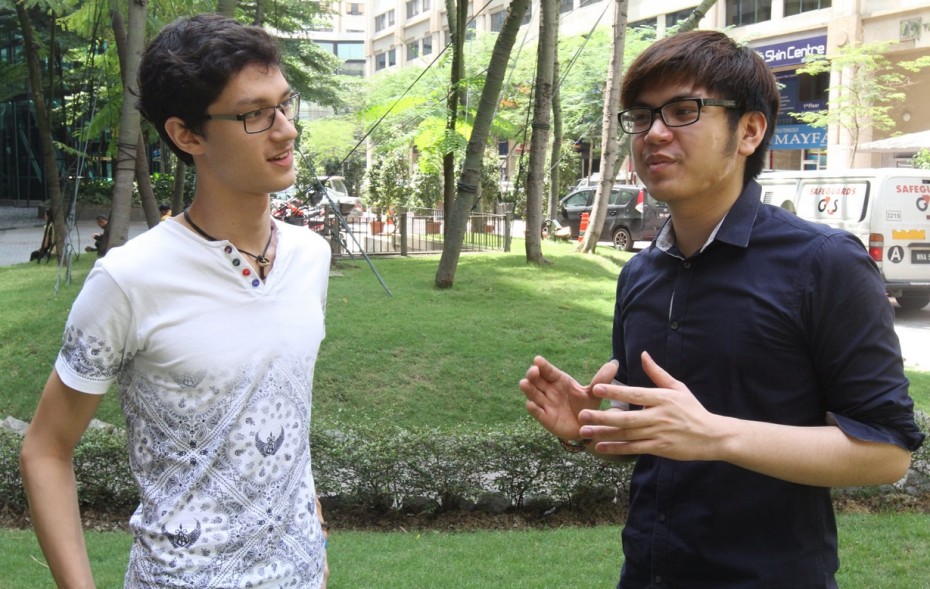
Lii (left) and Panda admit that a lot of hard work is required to improve their synergy as shoutcasters, including hours of practice and research.
But unlike their counterparts in the United States and South Korea, shoutcasters in Malaysia have a much harder time turning their passion into a career. Lii and Panda, both still studying in university, are part-timers with Garena, the company that owns the rights to LoL in Malaysia.
“You can’t rely on shoutcasting as a reliable source of income here,” said Lii. “Overseas, shoutcasters can be as popular as the pro players!”
At the LoL World Championship Finals in Seoul, South Korea last October (which yours truly attended), the world’s top LoL players drew over 40,000 spectators.
“In Malaysia, even the pro players here are struggling to create sustainable careers. Until that happens, the shoutcasting scene won’t take off,” he opined.
In the meantime, though, the guys aren’t resting on their laurels. They practice hard for events like TLC, as they don’t get many opportunities to pursue their dreams of a pro shoutcasting career.
The Legends Circuit
TLC is the biggest LoL event for the Malaysian/Singaporean scene, and sees the top two teams from each country go head-to-head over two days for bragging rights and a share of the RM54,000 prize money, with RM25,000 going to the champions.
This year was the year of the underdogs, with the unfancied iSG Candy taking down the mighty Kuala Lumpur Hunters (both from Malaysia) 2-1 for third place and Singaporean top-seed iSG Legends losing to second-seed Thirsty Chinchillas 3-0 in the final.
“LoL is not just a game anymore. It’s become a lifestyle for me.” – Sean Li “Lii” Murmann.
It was the perfect storm, so to speak, for Lii and Panda, who were on deck to make sense of the chaos on screen for the viewers. And just like the pro players, they had to put on a good show for the audience on-ground and online.
“It’s like a rush of excitement, looking around you and seeing a sea of people getting so excited about the game,” said Panda. “During the final, I shouted so much my voice cracked.”
The turnout at this year’s TLC is definitely encouraging for e-sports in Malaysia. It also helps that the production value, according to Lii, was a step up from last year, enabling the shoutcasters to give the audience a better experience, too.
“It was difficult last year. We had to control the game screen (for spectators) at the same time, so we couldn’t concentrate on just casting,” revealed Lii.
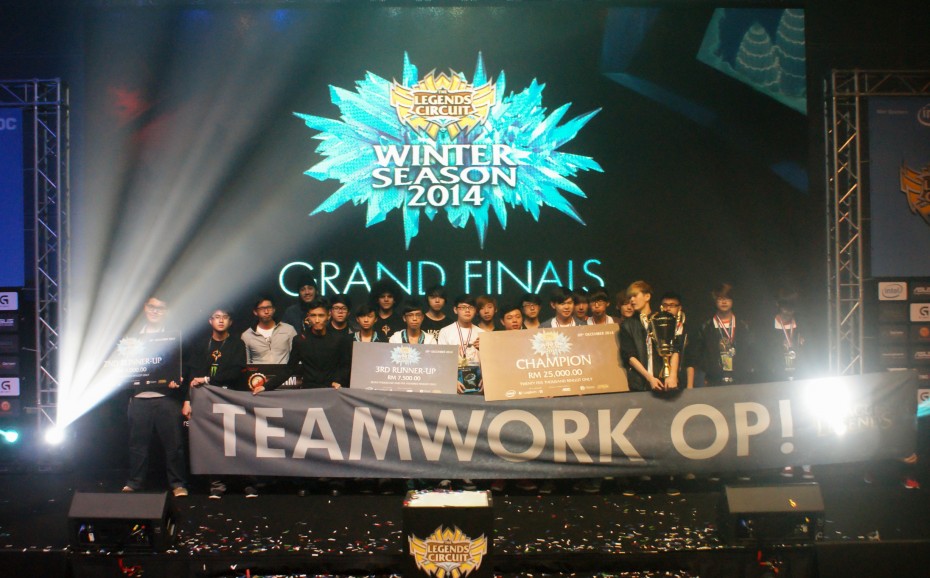
The TLC finalists gather onstage to mark the end of the two-day tournament which drew a large crowd of local League of Legends fans.
Dedicated duo
It might seem easy to commentate on a computer game, but there’s a lot more to shoutcasting than meets the eye (ear?). For one, there has to be good synergy between the two shoutcasters.
“When you’re casting, it’s more than just a conversation between two people. I need to be in sync with my partner to know when he wants to jump in. A lot of time was spent just to get that synergy going,” said Lii.
It was even tougher for Panda, as TLC was his first proper casting experience. Lii, who has been in the business for two years, had other problems – he was in the middle of his finals for his degree in game development.
“When we first started practising, we had to do it over Skype as Lii was busy with his finals. But the latency was terrible, which caused a delay between our lines, and that really puts shoutcasters off,” said Panda.
“At the rate this is going, we’re going to need a lot more support,” said Panda. “But we’re not just going to wait around for the scene to explode.”
Thankfully, Lii completed his exams about a month before TLC rolled around. And that’s when the duo could finally put in the extra hours of practice, which lasted all day.
“We met up once every two days, and our practice sessions included shoutcasting over previous TLC games, and recording them to send to our producers in Singapore to get their feedback. We also had history lessons on the teams, as we needed to be well-informed,” Lii explained.
Even though TLC is over, Panda still dedicates an hour a day to practising his craft, keeping himself prepared for future opportunities.
What the future holds
It might still be some time before e-sports in Malaysia can sustain employment for shoutcasters, but Lii and Panda reckon it has to start somewhere. And that’s where people like themselves come in.
“In this country, all the players play for passion, not money – and we’re the same. We don’t expect to be paid well; we do it to support the scene here,” said Lii.
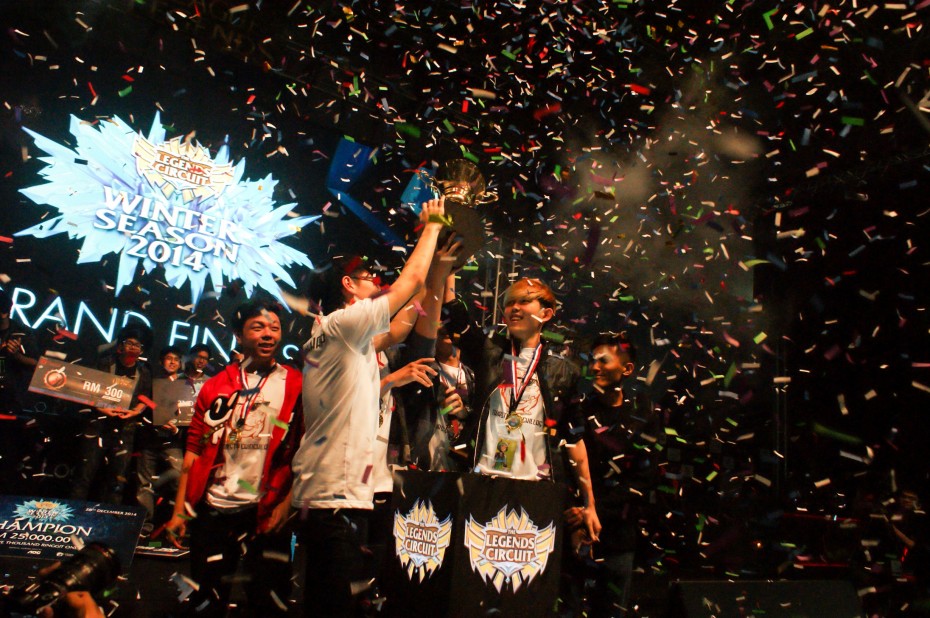
Lii and Panda said the TLC final was a great watch for shoutcasters, as Singaporean team Thirsty Chinchillas surprised everyone by beating compatriots and top seeds iSG Legends.
The hope is that, one day, Malaysian e-sports can become a symbiotic ecosystem. Good players will breed good tournaments, and that will fuel more events and jobs for casters too.
“At the rate this is going, we’re going to need a lot more support,” said Panda. “But we’re not just going to wait around for the scene to explode.”
Lii added: “LoL is not just a game anymore. It’s become a lifestyle for me.”

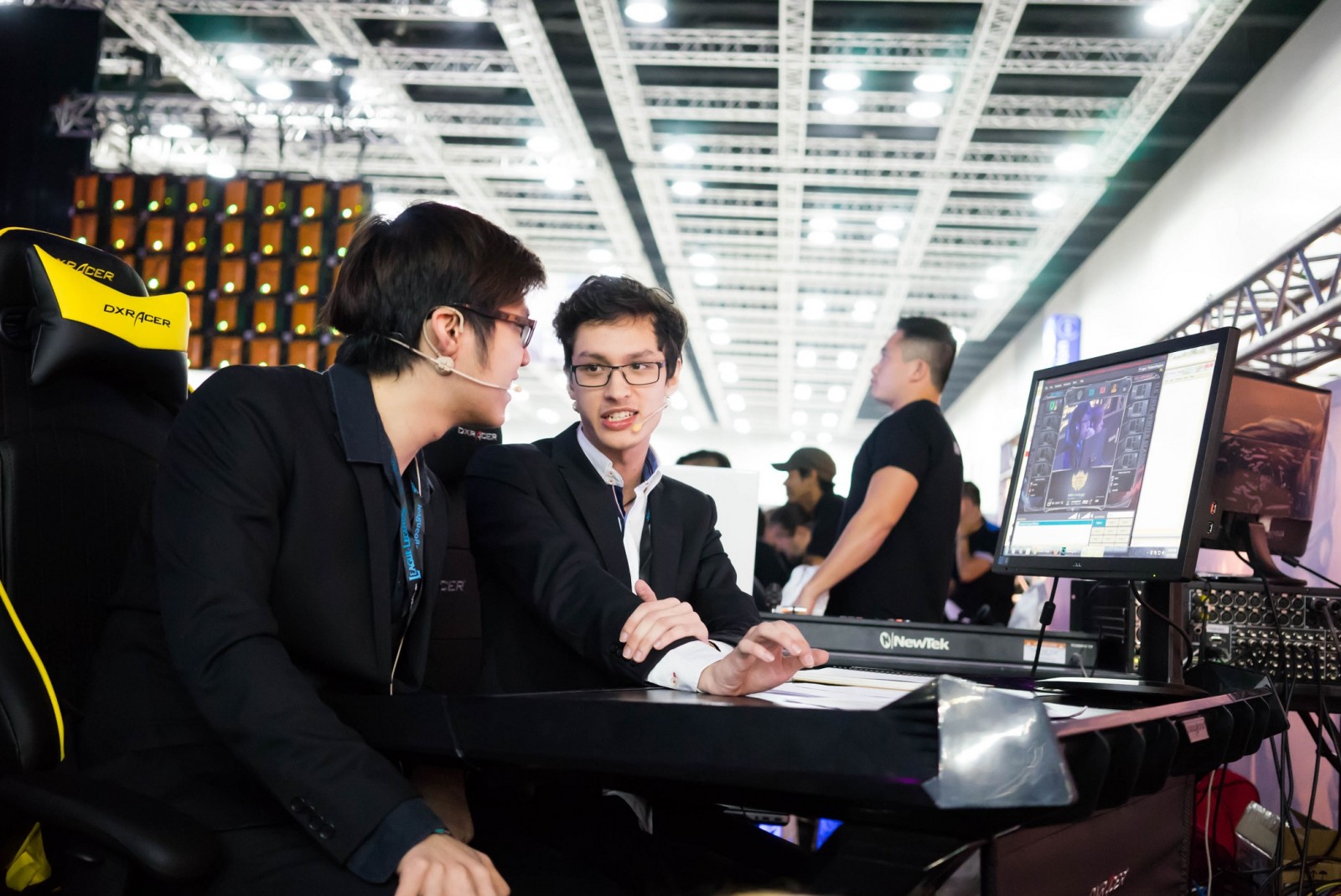



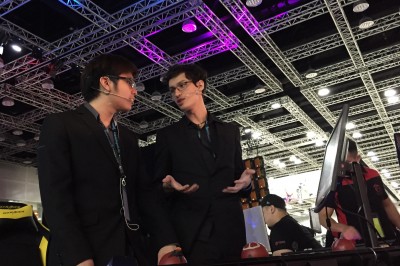
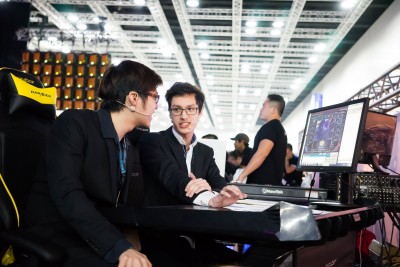

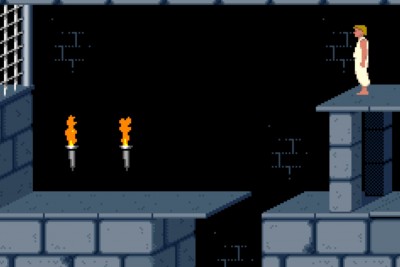
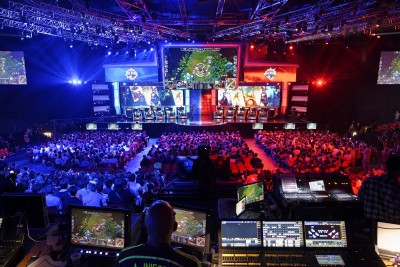
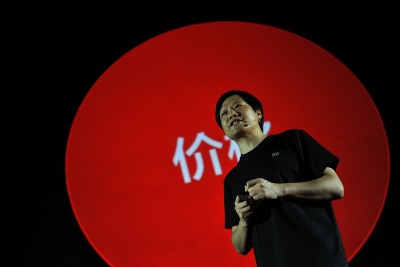

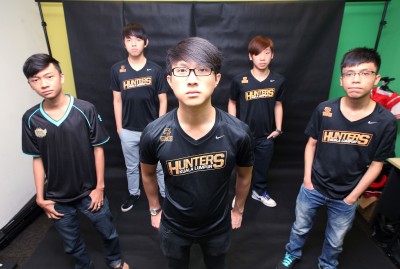
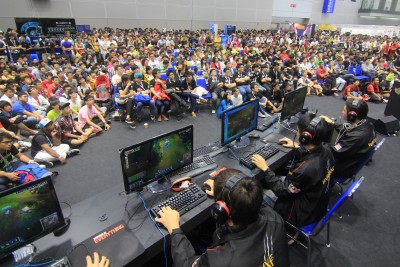
Tell us what you think!